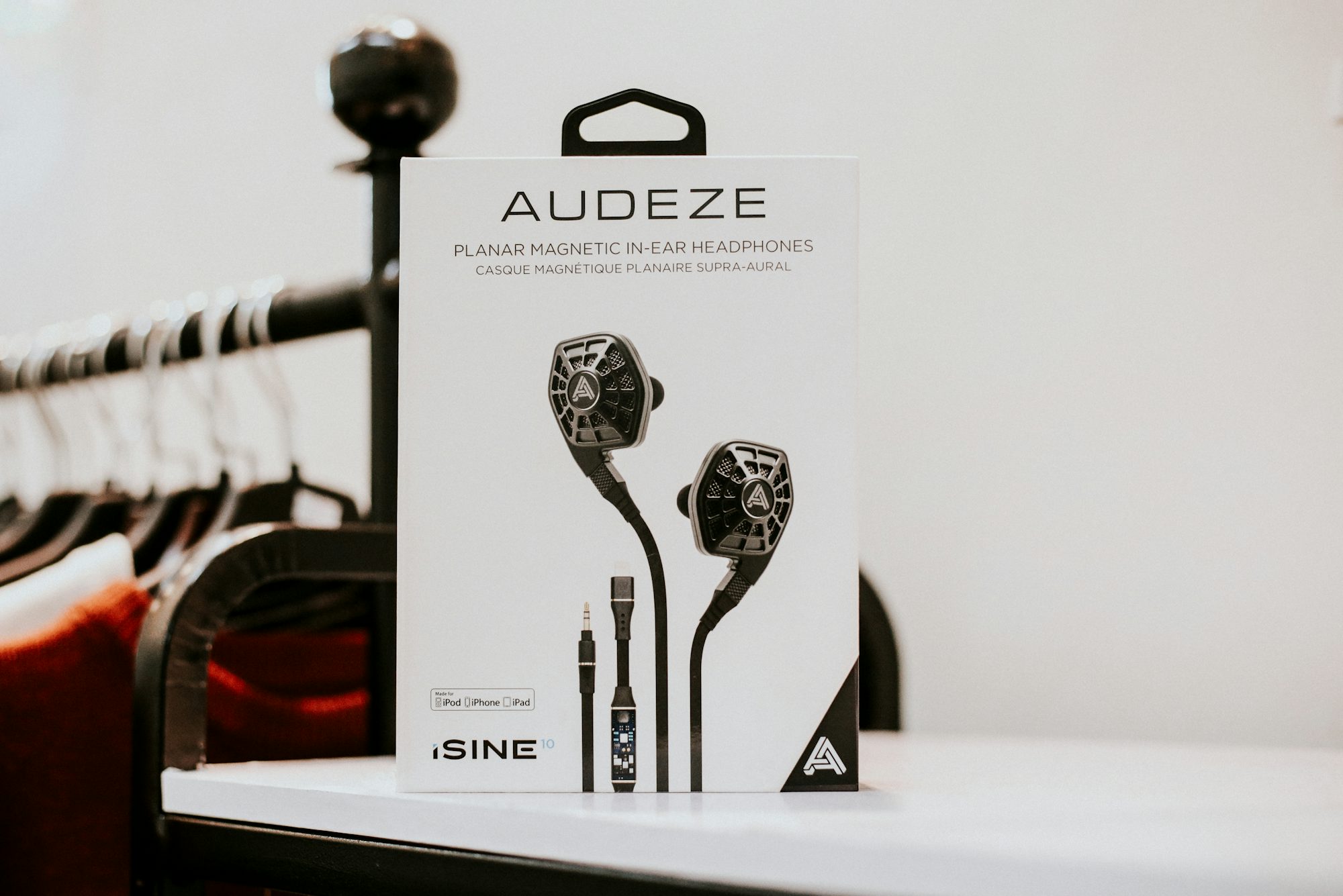Navigating the Future of Retail: Key Trends to Watch

One of the most significant changes in retail is the integration of technology into the shopping experience. Over the past few years, we have seen a surge in the use of mobile applications and e-commerce platforms that provide consumers with unparalleled convenience. Shopping apps allow customers to browse products, read reviews, and make purchases from anywhere, effectively eliminating geographical limitations. Retailers are capitalizing on this trend by enhancing their mobile offerings, creating user-friendly interfaces that facilitate seamless shopping experiences.
Artificial intelligence (AI) plays a crucial role in shaping the future of retail. By analyzing consumer behavior and preferences, AI enables retailers to offer personalized shopping experiences. For instance, recommendation engines suggest products based on previous purchases, which not only enhances customer satisfaction but also drives sales. Retailers like Amazon have successfully implemented AI-driven personalization, leading to increased customer loyalty and engagement.
Another technological advancement making waves in retail is augmented reality (AR). This innovative tool allows consumers to visualize products in their own environments before committing to a purchase. Furniture retailers, for example, use AR to let customers see how a piece of furniture would look in their home. This immersive experience not only helps consumers make informed decisions but also reduces the likelihood of returns, benefiting both the retailer and the customer.
As technology continues to evolve, the demand for omnichannel retailing is growing. Today's consumers expect a seamless shopping experience that integrates online and offline channels. Retailers are responding by creating strategies that allow customers to interact with their brand across multiple touchpoints. For example, the ability to buy products online and pick them up in-store (BOPIS) has become increasingly popular, offering the convenience of online shopping combined with the immediacy of in-person transactions.
Additionally, social media is playing an increasingly important role in retail. Platforms like Instagram and TikTok have transformed how brands market their products and engage with consumers. Social commerce is on the rise, with brands using these platforms to showcase products and encourage direct purchases. Influencer marketing has become a powerful tool, as social media personalities promote products to their followers, creating authentic connections that drive brand awareness and sales.
Sustainability is another trend that is reshaping the retail landscape. Consumers are becoming more environmentally conscious and prefer to support brands that demonstrate a commitment to sustainability. Retailers are responding by adopting eco-friendly practices, such as sustainable sourcing, recyclable packaging, and transparent supply chains. For example, many fashion brands are now focusing on sustainable materials and ethical manufacturing processes, appealing to a consumer base that values responsibility and transparency.
Moreover, retailers are increasingly focusing on reducing their environmental impact through operational changes. Many are implementing energy-efficient technologies, reducing waste, and promoting recycling initiatives. This shift not only attracts eco-conscious consumers but also enhances brand loyalty, as customers feel good about supporting companies that prioritize sustainability.
As shopping becomes more experiential, the demand for unique and engaging shopping environments is rising. Experiential retail is a growing trend where brands create immersive experiences that go beyond traditional shopping. Pop-up shops, interactive installations, and in-store events encourage customers to engage with products in meaningful ways. For instance, a cosmetics brand might host makeup tutorials or skincare workshops, allowing customers to learn and interact with products before purchasing. These experiences foster a sense of community and create lasting memories, enhancing customer loyalty.
The COVID-19 pandemic has further accelerated many of these trends. With more people shopping online than ever before, retailers have had to adapt quickly to changing consumer behaviors. The focus on safety and convenience has prompted many retailers to enhance their online platforms and invest in delivery and curbside pickup options. As a result, consumers have grown accustomed to the convenience of online shopping, and this shift is likely to have a lasting impact on retail.
Looking ahead, the future of retail will likely be characterized by continued innovation and adaptability. Retailers will need to stay ahead of the curve, embracing new technologies and strategies to enhance the shopping experience. The integration of AI and AR will continue to shape how consumers interact with products, while omnichannel strategies will be essential for meeting the expectations of modern shoppers.
Moreover, as sustainability remains a priority for consumers, retailers that prioritize eco-friendly practices will be well-positioned for success. By aligning their values with those of their customers, brands can foster loyalty and build strong connections that transcend mere transactions. The demand for personalized experiences will also drive innovation, compelling brands to create unique and memorable shopping journeys that resonate with consumers.
In conclusion, the future of retail is bright and full of potential, driven by technological advancements, a commitment to sustainability, and a focus on creating meaningful consumer experiences. Retailers that embrace these trends, prioritize customer engagement, and adapt to changing consumer behaviors will be well-prepared to thrive in this ever-evolving landscape. As the retail industry continues to change, it is essential for businesses to remain flexible and innovative, ensuring they meet the needs of their customers while contributing positively to the world around them.